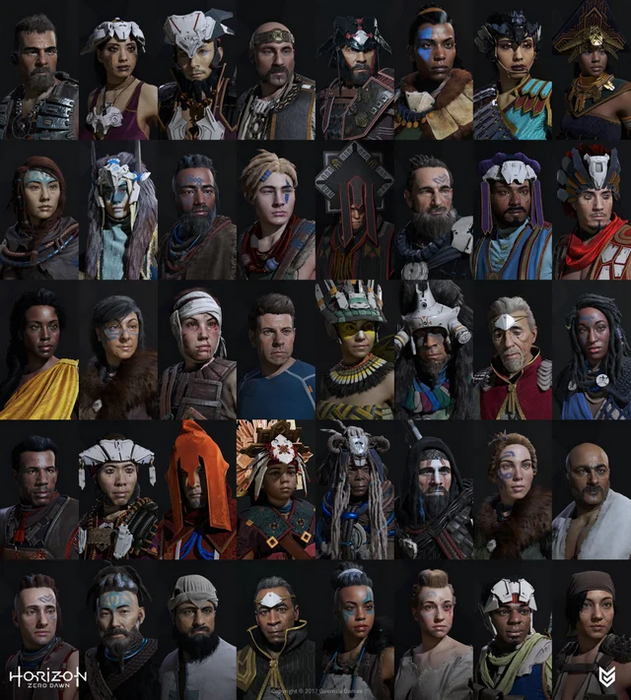In the realm of games, it is widely acknowledged that different people enjoy different aspects of games, and for different reasons. There are several theories that attempt to describe different kinds of fun or different player types. Marc LeBlanc has his theory of 8 kinds of fun: Sensation, Fantasy, Narrative, Challenge, Fellowship, Discovery, Expression, and Submission. Then there’s Bartle’s taxonomy, which classifies players of online multiplayer games into four types: Achievers, Explorers, Socializers, or Killers. In Magic: The Gathering people commonly discuss Johnny, Timmy, and Spike, three archetypes of what people like about the game.
If we can recognize that different people enjoy different aspects of games, then we can also recognize that different people also enjoy different aspects of stories. This may seem like a trivial point, but one that we rarely think about directly.
I think the different ways of enjoying games are more obvious because they often result in different player behaviors, but the different ways of enjoying stories tend to be invisible. Invisible… except in fandom. So, if you wanted to go looking for theories of how different people enjoy fiction for different reasons, I believe the place to look is in fandom. Unfortunately, I don’t actually involve myself in any fandoms, but I’m sure some of my readers do, so I’d be happy to hear from you.
For now, I’ll just toss a few preliminary ideas around.

